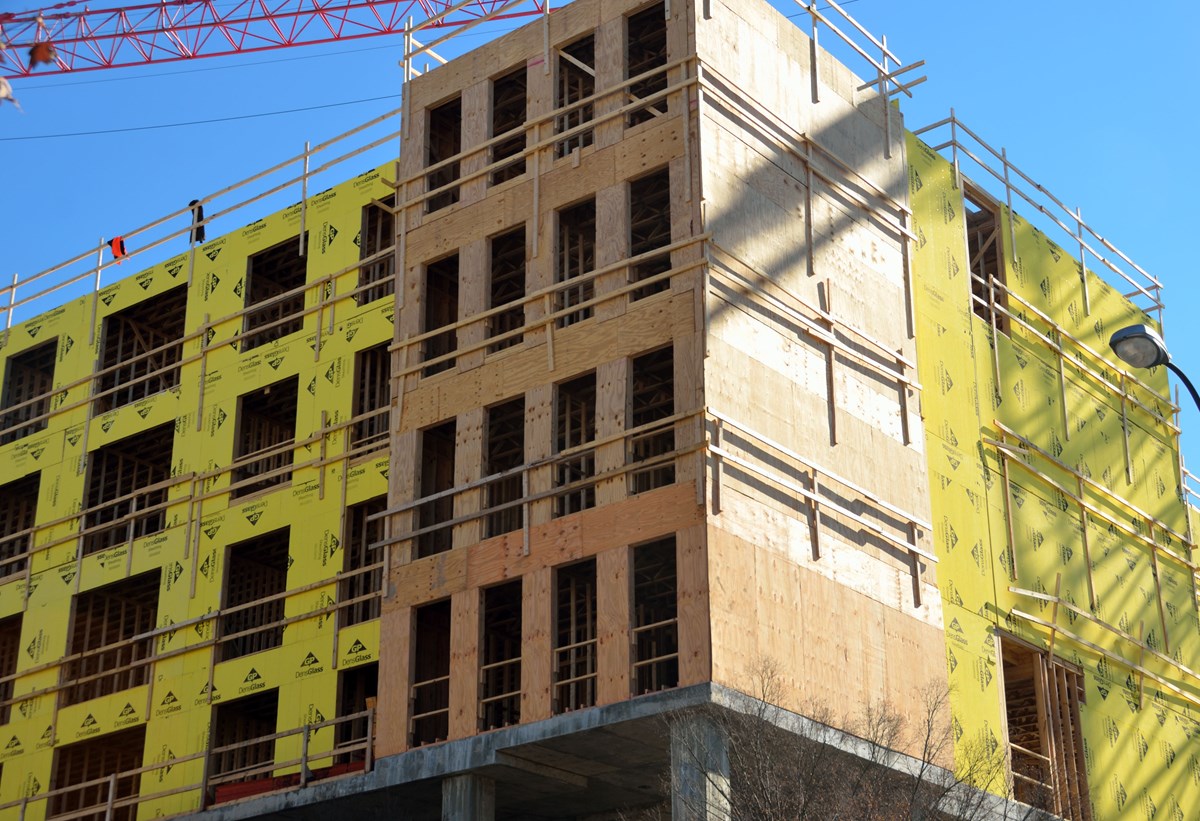In an effort to reduce poverty in their cities, eleven mayors have signed on to a push to guarantee a basic income for the more than 5 million people they collectively represent.
The first U.S. city to move forward on this initiative was Stockton, California, but the effort has gained more steam given the unemployment uptick due to Coronavirus-related government shutdowns of the private sector.
While the policy is well-intentioned, it’s far from the most effective way to eradicate poverty in America’s cities and, in the long-term, could have unintended consequences on the exact people the mayors hope to help.
As COVID-19 began to wreak havoc across the country, state and local governments started shutting down businesses within their borders and economists predicted a massive uptick in unemployment and ultimately poverty rates.
Unemployment did increase, but because of an influx of government aid, we have yet to see a corresponding increase in poverty rates. But that is just a delay, not a fix, those rates will increase as government aid starts to trail off. To combat that, a group of mayors have started the push for a guaranteed income within their cities.
The effort is led by Stockton’s mayor, Michael Stubbs who implemented the program in 2019.
Stockton’s program provides roughly 130 residents in the city, who make below the median income, a $500 monthly no-strings-attached stipend. Initial research shows that most of those who received the funding spent it on day-to-day expenses such as transportation, utilities, healthcare, and debt.
Following Stubbs’ lead, the mayors of Newark, NJ; Columbia, SC; Atlanta, GA; Compton, CA; St. Paul, MN; Los Angeles; Jackson, MS; Shreveport, LA; Oakland, CA; and Tacoma, WA have all formed the Mayors for a Guaranteed Income coalition.
Chicago, Newark, and Atlanta have formally formed task forces to explore the issue and Milwaukee city council approved a guaranteed income pilot program.
One glaring problem with allowing this program to exist for any extended period of time is that, unless it is privately funded, it would be too expensive to maintain and would require substantial tax increases across the board.
The group’s page even admits that, saying, “there’s a number of ways to pay for guaranteed income, from a sovereign wealth fund in which citizens benefit from shard national resources like the Alaska Permanent Fund, to bringing tax rates on the wealthiest Americans to their 20th century historical averages.”
Tax increases on businesses and wealthy individuals could lead to a reduction in investment in other areas like skills training which can, in turn, lead to a less skilled workforce as noted in a study by the National Bureau of Economic Research.
Cities issuing fewer building permits limit housing supply, mandating minimum parking requirements on new development reduces the amount of square footage for a home or business, and minimum lot size requirements prohibit large lots from being subdivided for multiple units. All of these drive up the cost of development which is then passed on to a renter or buyer.
The other problem is that while the initial amount may lower today’s burden on cash-strapped families, as housing costs continue to increase in these cities and metropolitan areas, the cost of living will increase as well. So, unless the guaranteed income tracks with cost of living, in just a few short years it will be of little effect to the families who need the support the most.
As noted in Urban Reform Institute’s annual Standard of Living Index, 80 percent of cost of living can be attributed to housing costs, and housing costs are driven up by excessive regulation, especially in major metro areas.
The ever-increasing cost of housing is often blamed on the “market,” but in most metropolitan areas it truly isn’t a free market, instead it is a market artificially inflated by government regulation.
Cities issuing fewer building permits limit housing supply, mandating minimum parking requirements on new development reduces the amount of square footage for a home or business, and minimum lot size requirements prohibit large lots from being subdivided for multiple units. All of these drive up the cost of development which is then passed on to a renter or buyer.
In many areas of the country, like San Jose, San Francisco, San Diego, and Los Angeles, regulations have driven up costs so much that few middle-income households can even qualify for a mortgage on a median priced house.
A $500 per month guaranteed income doesn’t reduce the cost of living, it acts as a substitute that draws attention away from the actual problem.
Mayors across the country have the tools to address the cost of living and increase the standard of living for constituents in their area and until they act on that, no amount of government funding or subsidies will eradicate poverty within their borders.
This article was reprinted with permission from Urban Reform.

